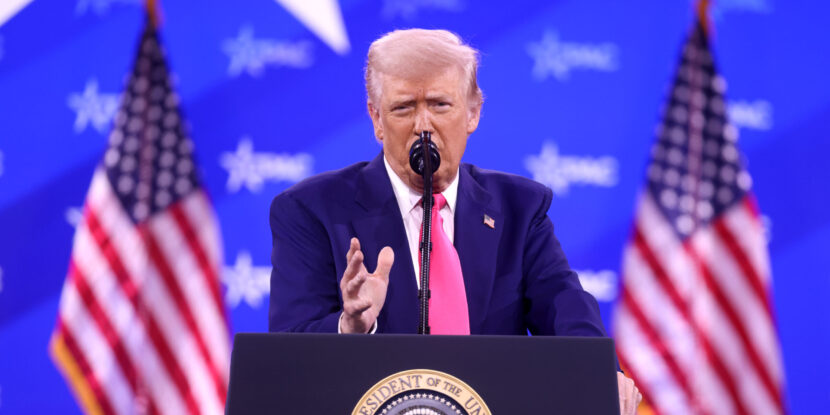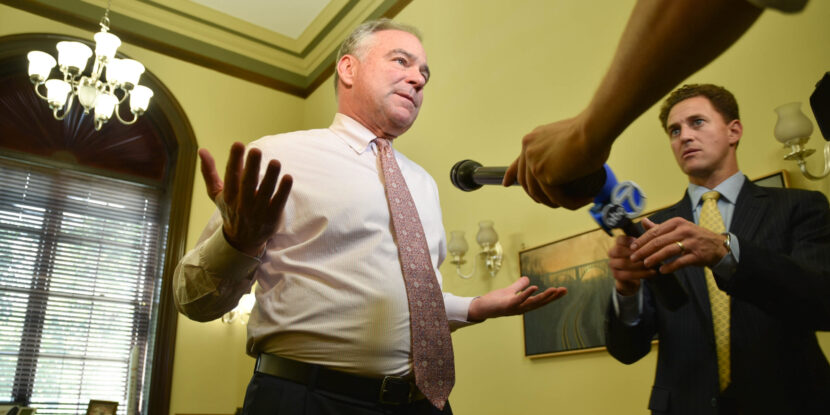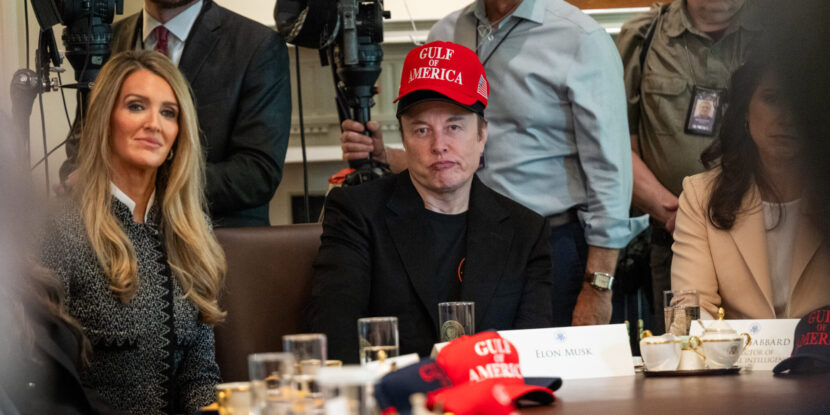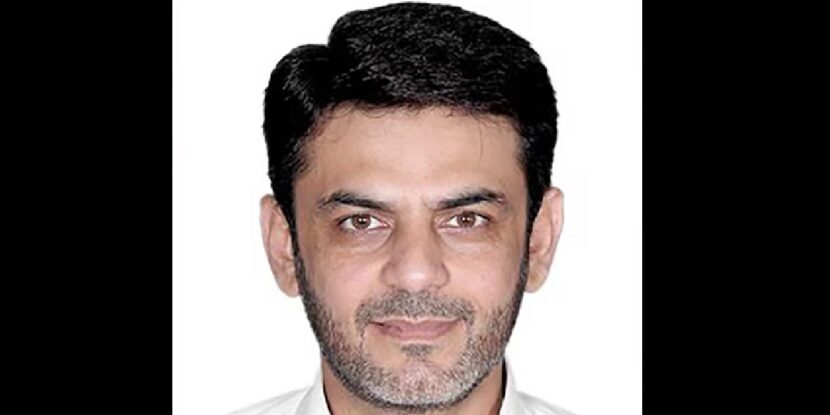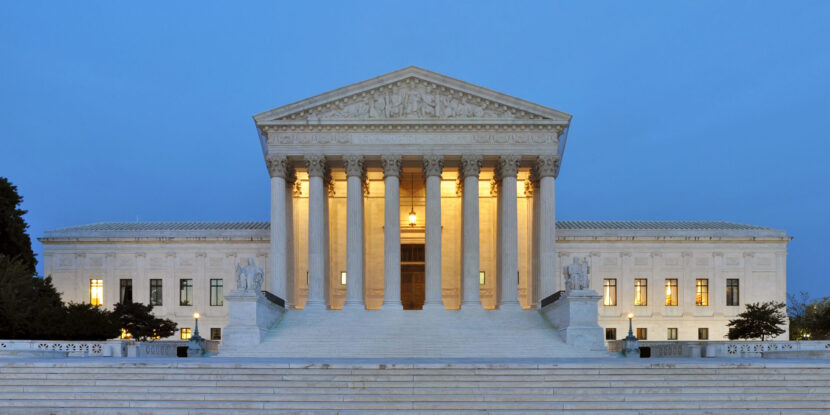President Donald J. Trump announced on Tuesday that he will impose a new, additional 25 percent tariff on all Canadian steel and aluminum being exported to the United States in response to a tax being imposed on electricity sold to the United States by the leader of Canada’s most populous province. Ontario Premier Doug Ford announced on Monday that electricity supplied his province supplies to around 1.5 million U.S. homes and businesses would come with its own 25 percent ‘tariff,’ taking effect immediately. Consequently, Ford contends the measure is in response to tariffs on Canadian goods already imposed by Trump.
“I will not hesitate to increase this charge. If the United States escalates, I will not hesitate to shut the electricity off completely,” Ford threatened at a news conference on Monday in Toronto. He added: “Believe me when I say I do not want to do this. I feel terrible for the American people who didn’t start this trade war. It’s one person who is responsible, it’s President Trump.”
Following the Canadian provincial leader’s imposition of the electricity tax, President Trump responded on Tuesday, imposing the new 25 percent tariff on Canadian steel and aluminum on top of an already existing 25 percent tariff. “Based on Ontario, Canada, placing a 25% Tariff on ‘Electricity’ coming into the United States, I have instructed my Secretary of Commerce to add an ADDITIONAL 25% Tariff, to 50%, on all STEEL and ALUMINUM COMING INTO THE UNITED STATES FROM CANADA, ONE OF THE HIGHEST TARIFFING NATIONS ANYWHERE IN THE WORLD,” Trump wrote in a post on Truth Social. He continued: This will go into effect TOMORROW MORNING, March 12th. Also, Canada must immediately drop their Anti-American Farmer Tariff of 250% to 390% on various U.S. dairy products, which has long been considered outrageous.”
MORE TARIFFS TO COME?
Additionally, Trump stated he would declare “a National Emergency on Electricity within the threatened area,” which “will allow the U.S to quickly do what has to be done to alleviate this abusive threat from Canada.”
In a serious escalation, President Trump’s Truth Social post continues, stating: “If other egregious, long time Tariffs are not likewise dropped by Canada, I will substantially increase, on April 2nd, the Tariffs on Cars coming into the U.S. which will, essentially, permanently shut down the automobile manufacturing business in Canada.”
Meanwhile, the America First leader also suggests that the United States may reduce its military cooperation with Canada, arguing it would be better for America’s northern neighbor to become the 51st state.
